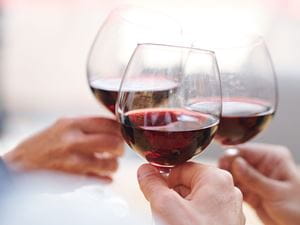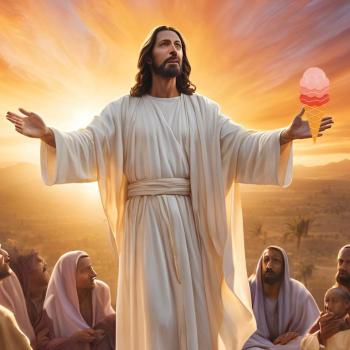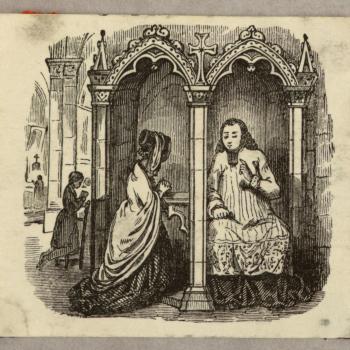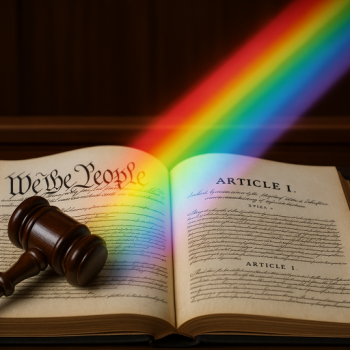
According to the Roman Catholic Church, alcohol and drinking is both an intrinsically good thing and a source of potential danger. According to Roman Catholic teachings, drinking alcohol has always been part of the Christian experience. Jesus’s first recorded miracle, after all, was to turn water into wine (John 2.1-11), and wine was a central part of the Last Supper (Luke 22.17-18). Between such stories and the necessity of alcohol before safe drinking water, all Christians in the early centuries of the church saw drinking alcohol as perfectly acceptable. St. Arnulf of Metz (580-640) echoed happy ideas about alcohol by saying, “From man’s sweat and God’s love, beer came into the world.”
This does not mean that Catholics feel they are free to drink until they are falling off their seat and cannot remember their own name. The Catechism of the Catholic Church reminds Catholics that the Christian virtue of temperance calls for the avoidance of every kind of excess, whether of food, alcohol, medications, or other substances. Such excess can lead to endangerment of body and health and to a breakdown of the spiritual life. The universal call to self-denial and asceticism (discipline) reminds Christians that their ultimate goal in life is not pleasure but the joy of union with Christ.
G. K. Chesterton summed up Catholic ideas about alcohol when he wrote, “We should thank God for beer and burgundy by not drinking too much of them.” Indeed, Catholics are well aware that drunkenness is forbidden in the Bible (Ephesians 5.18), and modern Catholics know the statistics about alcohol-related illnesses and deaths today. That said, Catholics see the positive sides of drinking as well. Having a glass of wine or drink with someone is an easy way to find fellowship and simple human conversation in a world that increasingly interacts via a screen. Furthermore, many Bible studies and serious religious discussions have been held over a beer or a scotch. Catholics see nothing wrong with drinking in moderation, so long as they are thankful for God’s generosity in creating such things and avoid getting behind the wheel when the fellowship is over.
Many, if not most, Protestants agree with this position, particularly in contemporary times. Martin Luther enjoyed beer and wine and most Reformers only warned against intemperance, or drunkenness. Alcohol became an increasingly troublesome matter, however, for Protestant Christians in the 18th and 19th centuries. The societal cost of alcoholism pushed many religious leaders to call for temperance, by which they meant abstention from all alcohol. Abstentionism is the position that holds that alcohol consumption is not inherently sinful, but it is not a wise or prudent choice. Abstentionists, or “teetotalers,” hold that alcohol may have been more acceptable in ancient times due to polluted drinking water, but that modern Christians have no such excuse and that drinking for pleasure contains inherent danger. This position is most associated with American Protestants who led the push for Prohibition and the passing of the 18th Amendment to the U.S. Constitution. Since its repeal in 1933, many Protestant Christians have gradually embraced the moderate use of alcohol.
Read more about Roman Catholic positions in social life here.
3/6/2023 10:08:16 PM










